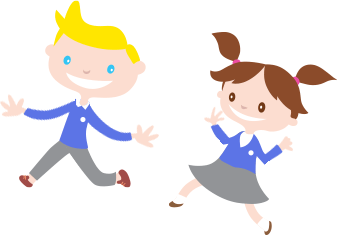Our ambitious curriculum is skills and knowledge rich and has been developed using the curriculum map from Primary Knowledge Curriculum combined with subject leader expertise. This has created the 'St Wilfrid's Catholic Curriculum' ensuring the best possible provision to meet the needs of all of our pupils.
Our history curriculum allows children to develop a chronologically secure knowledge and understanding of local, British and world history. The substantive knowledge taught in the curriculum has been carefully chosen and sequenced using a largely chronological approach. Each unit of work should not be viewed as a stand-alone topic, but as a chapter in the story of the history of Britain and the wider world. In this sense, the chronological approach provides a solid framework, anchoring each unit within a wider narrative.
History encourages all learners to discover the truth of the past and to have a deep understanding of the present, which in turn will enable them to make informed and wise decisions for creating a better future. History helps our children find their place in the story of humankind. Our children are helped to develop critical thinking skills as they delve into the rich variety of available sources. Learning to analyse and critique information and data encourages the ability to discern facts and reach conclusions, matching evidence with truth. Learning from the past helps to facilitate a better future for the common good of all God’s people.
Our substantive concepts are: archaeology, social justice, conflict, civilisation, monarchy and religion.
Our disciplinary concepts are: similarities and differences, handling evidence, historical significance, change and continuity, cause and consequence and historical interpretation.
By the end of EYFS, pupils will be able to:
• talk about the lives of the people around them and their roles in society
• know some similarities and differences between things in the past and now, drawing on their experiences and what has been read in class
• understand the past through settings, characters and events encountered in books read in class and storytelling
By the end of Key Stage 1, pupils will be able to:
• develop an awareness of the past and know where the people and events they study fit within a chronological framework
• make comparisons by identifying similarities and differences between life in different historical periods
• show an understanding of how we know about the past
• describe changes in living memory using historical vocabulary
• Recall some significant people from history and events beyond living memory
By the end of Key Stage 2, pupils will be able to:
• develop a chronologically secure knowledge and understanding of British, local and world history, noting connections, contrasts and trends over time
• use the appropriate historical vocabulary to describe change, cause, similarity and difference when discussing significant historical periods, events or people
• understand how our knowledge of the past is constructed from a range of sources
• select, organise and use relevant historical information to communicate their understanding of history in a variety of ways









